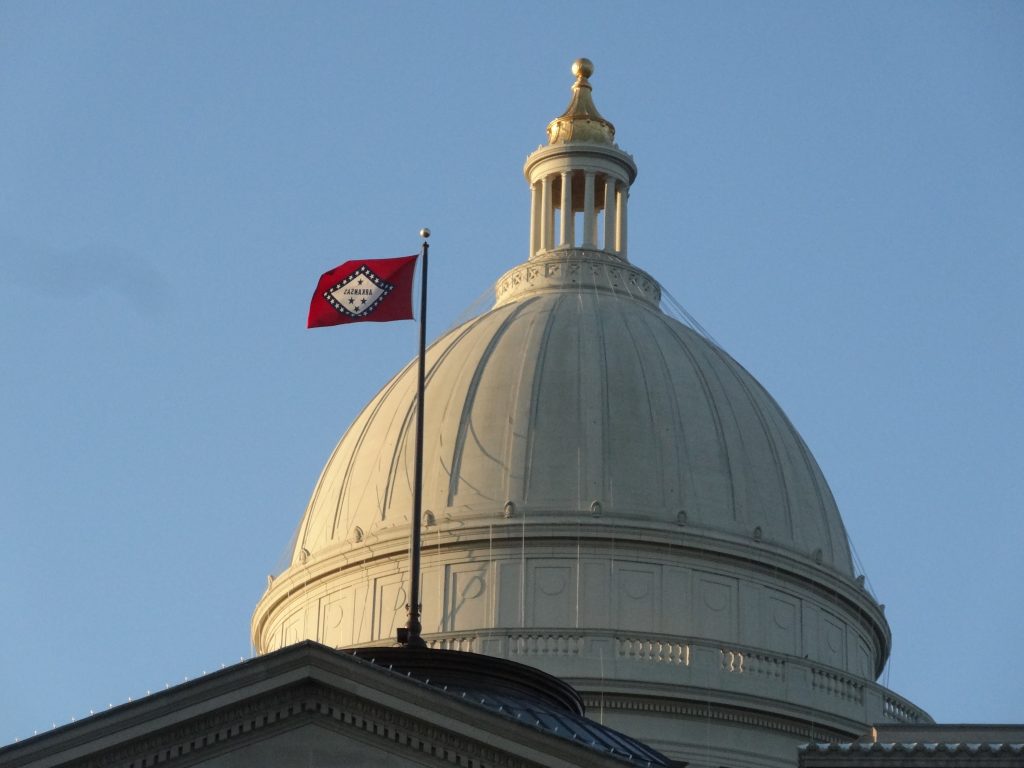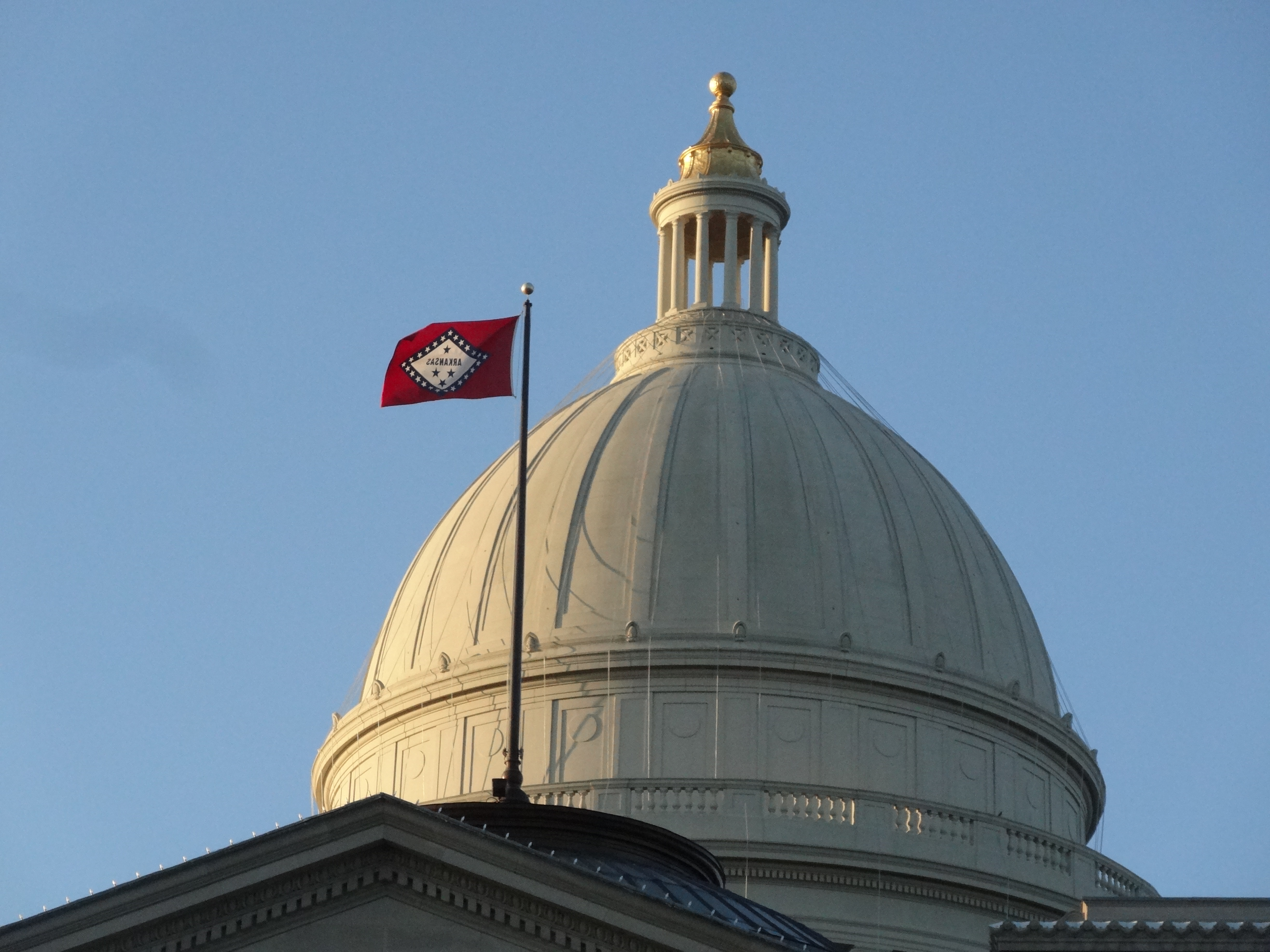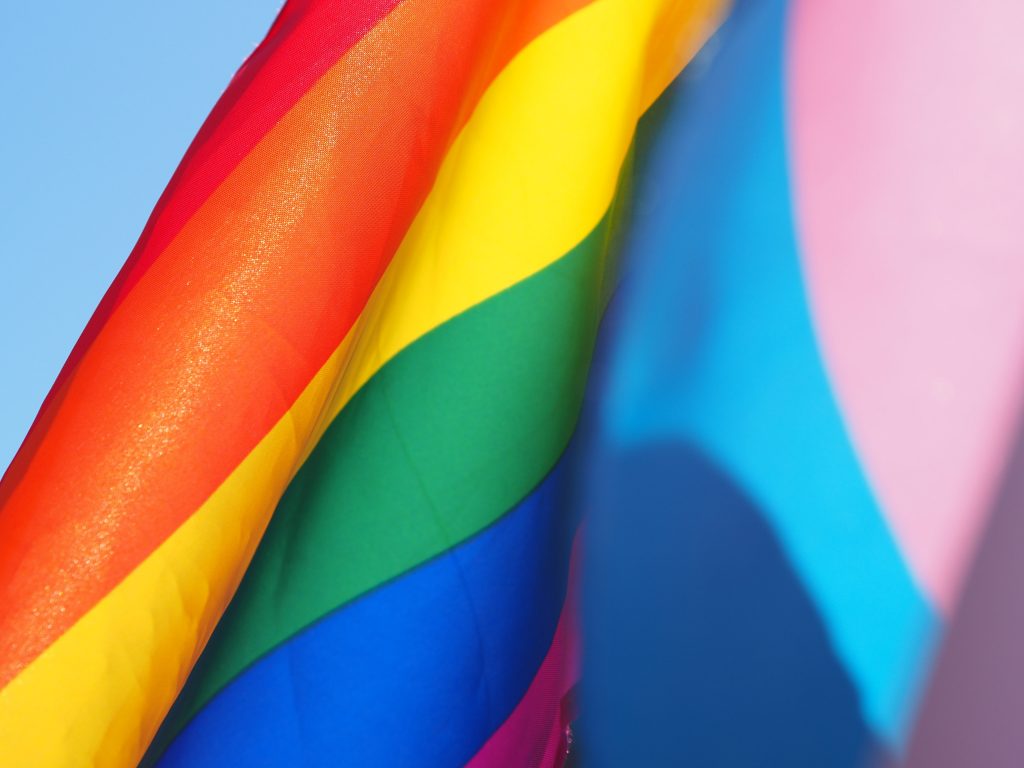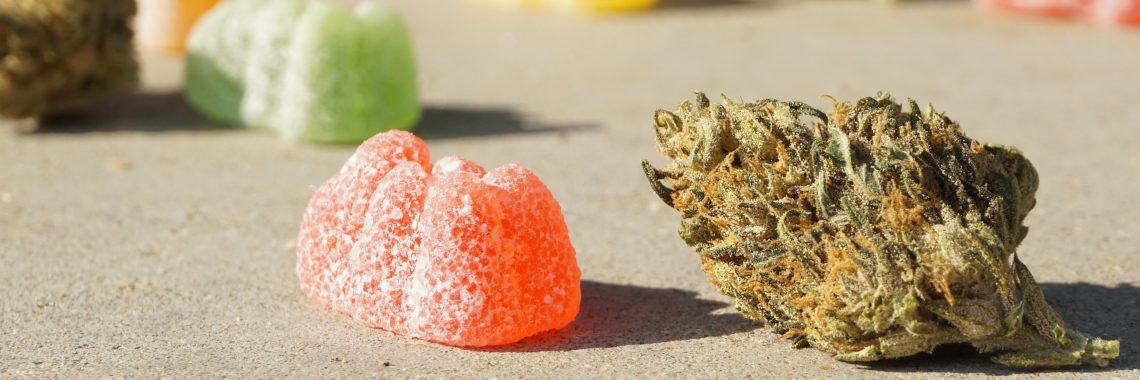CNN Singles Out Pro-Life Democrats in Arkansas, Elsewhere

On Tuesday CNN published a column singling out pro-life Democrats in state legislatures around the country.
The piece — titled, “Republicans have unlikely allies in their fight to restrict abortion at the state level: Democrats” — notes that “More than 140 Democrats from eight of the roughly dozen states with the most restrictive abortion laws voted in favor of the bans, and the vast majority of these state lawmakers were men.”
The piece goes on to single out various Democratic legislators around the country who voted pro-life — including former Arkansas lawmaker Bruce Maloch of Magnolia who voted for Act 180 of 2019 that generally prohibits abortion now that the U.S. Supreme Court has reversed Roe v. Wade.
The article notes,
In Arkansas, four of the state’s 29 Democrats voted in 2019 to pass the trigger ban that criminalized abortion under nearly all circumstances. They were all men. That same year, 14 male and five female Democrats in Kentucky voted for a similar state ban, representing nearly 40% of all Democrats in the state legislature at the time. And in Mississippi, nine male Democratic lawmakers voted in 2018 to pass the 15-week abortion ban that ultimately led to the overturning of Roe v. Wade. The laws received almost unanimous support from Republicans, except for a single no vote in Arkansas.
Anyone who is surprised that a Democratic legislator would vote pro-life clearly hasn’t been paying attention.
Abortion used to be a bipartisan issue. Up until recent years plenty of pro-lifers could be found in both parties — especially in Arkansas.
For example, in 2011 the Arkansas Legislature passed Act 1176 requiring any facility performing 10 or more abortions per month to be licensed and inspected by the Arkansas Department of Health. The measure closed loopholes in Arkansas’ abortion laws, and it made it easier for the state to stop a facility from performing abortions. The bill had strong, bipartisan support in the Arkansas House and Arkansas Senate.
In 2013 lawmakers passed six pro-life measures — including Act 171 of 2013 that generally prohibits abortions after the 20th week of pregnancy and Act 301 prohibiting most abortions after the 12th week of pregnancy if a baby’s heartbeat is detected.
These bills had enough bipartisan support that lawmakers successfully voted to override vetoes from Gov. Mike Beebe and pass them into law.
CNN tries to distinguish how men vote on abortion laws from how women vote, but women from both parties have sponsored, co-sponsored, or voted for pro-life legislation in Arkansas over the years.
The vast majority of likely voters in Arkansas believe that abortion should be either completely illegal or legal only under certain circumstances. The same is true for Americans in general.
Protecting women and unborn children from abortion should not be a partisan issue.
Life is a human right. Now that the U.S. Supreme Court has reversed Roe v. Wade, Arkansas is protecting the right to life and supporting women with unplanned pregnancies.
Family Council looks forward to continuing to work with Arkansans to protect the lives of women and children in the future.
Articles appearing on this website are written with the aid of Family Council’s researchers and writers.





